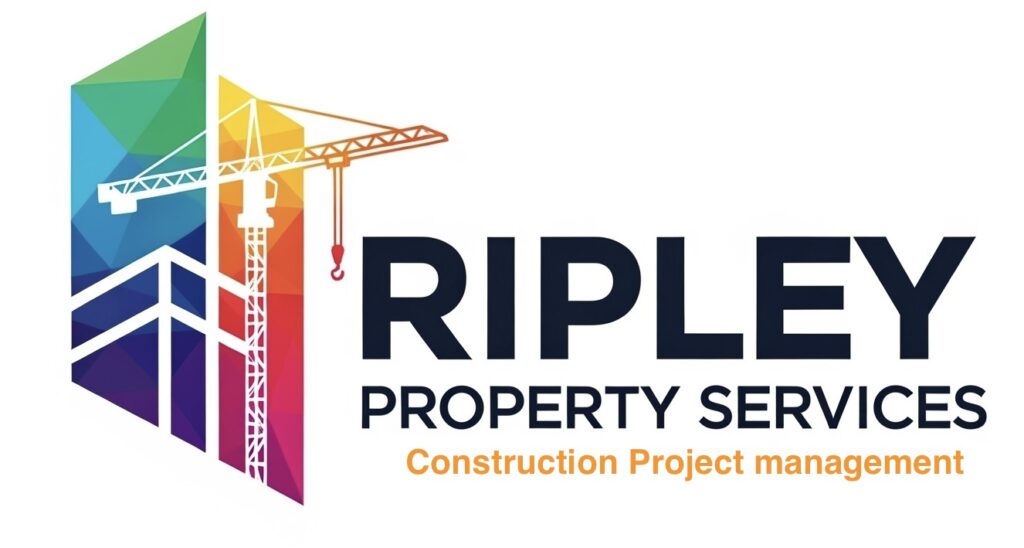1. Recommendations and Reputation:
- Word-of-Mouth: Ask friends, family, and colleagues for builders they’ve had good experiences with. Personal recommendations are invaluable.
- Online Reviews: Check independent review sites like Trustpilot, Google reviews, MyBuilder, Which? Trusted Traders, and Checkatrade. Look for consistent positive feedback and how the builder responds to any negative comments.
- Trade Body Accreditation: Look for builders who are members of reputable trade bodies such as:
- Federation of Master Builders (FMB): They have stringent membership criteria, including solvency and safety, and a code of practice.
- TrustMark: A government-endorsed quality scheme that vets tradespeople.
- National Federation of Builders (NFB): Another organisation with a code of conduct for its members.
- Membership in these bodies indicates a commitment to professional standards.
2. Experience and Portfolio:
- Relevant Experience: Ensure the builder has significant experience with projects similar to yours (e.g., loft conversions, extensions, renovations). Ask how many similar projects they’ve completed.
- Portfolio and References: A good builder will be proud to show you examples of their past work.
- Ask to see completed projects: Ideally, visit a recently finished project and speak to the homeowners about their experience. Ask about communication, adherence to schedule and budget, problem-solving, and tidiness.
- Ask to see a project in progress: This can give you a good indication of their working practices, site tidiness, and how they manage their team.
- Request client references: Speak directly to past clients. Ask specific questions about reliability, quality of work, communication, and how they handled any unexpected issues.
- Longevity in Business: A builder who has been established for several years generally indicates stability and experience.
3. Clear Communication and Professionalism:
- Responsiveness: How quickly and thoroughly do they respond to your initial inquiries? Poor communication during the quoting phase is a major red flag.
- Clarity: Do they explain technical details in plain language? Are they clear about their processes?
- Point of Contact: Establish who your main point of contact will be throughout the project and how often you can expect updates.
- Site Visit: Pay attention to how they conduct themselves during initial meetings and site visits. Are they punctual, organised, and do they listen to your ideas?
4. Detailed Quotes and Contracts:
- Written Quote, Not an Estimate: Insist on a detailed written quotation, not just a rough estimate. An estimate is not binding, while a quote is a firm price for the specified work.
- Itemised Breakdown: The quote should clearly itemise:
- Labour costs
- Material costs (and who is responsible for ordering them)
- Project timelines and key milestones
- Payment schedule (staged payments, not full upfront)
- VAT inclusion
- Any potential extra charges or provisional sums
- Waste disposal/skip hire
- Comprehensive Contract: A formal, written contract is essential for your protection. It should cover:
- Scope of Work: Detailed description of all work to be carried out.
- Timeline: Agreed start and completion dates, including provisions for delays.
- Payment Terms: Clear schedule of staged payments, with the final payment due upon satisfactory completion. Never pay the full amount upfront.
- Change Orders: Process for making changes to the original plan and how costs for these changes will be handled.
- Dispute Resolution: How any disagreements will be handled.
- Responsibilities: Who is responsible for what (e.g., site access, clean-up, managing subcontractors).
- Warranties: Details of guarantees on workmanship and materials.
- Insurance Details: Proof of their public liability and employers’ liability insurance.
- Certificates: What certificates you can expect upon completion (e.g., Building Control completion certificate).
5. Insurance and Guarantees:
- Public Liability Insurance: This is crucial and covers damage to your property or injury to third parties caused by the builder’s work. Always ask to see their certificates.
- Employers’ Liability Insurance: If they have employees, this is legally required.
- Contract Works Insurance: This covers damage to the building work itself.
- Workmanship Guarantee: A reputable builder will offer a guarantee on their work, often for 5-10 years. Understand what it covers and for how long.
- Insurance Backed Guarantee (IBG): For larger projects, consider an IBG. This is an insurance policy that protects your financial interests if your builder ceases trading and cannot honour their guarantee.
6. Financial and Legal Aspects:
- Payment Terms: Be wary of builders who demand large upfront payments. A small deposit to secure the dates is common, but most payments should be staged as work progresses.
- VAT Registration: While not always a necessity for small builders, if the quote is substantial, ensure they are VAT registered. Be very cautious of anyone offering to waive VAT for cash payments, as this is illegal.
- Planning Permission & Building Regulations: A good builder should be knowledgeable about what permissions and approvals are needed for your project (e.g., planning permission, building regulations approval). However, always verify this with your local council yourself. Do not solely rely on the builder’s word.
- Formal Agreements: Insist on putting everything in writing. Verbal agreements are not legally binding and can lead to costly disputes.
7. Red Flags to Watch Out For:
- Builders who aren’t from the area: good builders stay local, poor builders need to keep moving further out.
- Unrealistically Low Quotes: If a quote is significantly cheaper than others without a clear explanation, it could mean corners are being cut, or key items are missing.
- No Written Contract: A massive warning sign.
- Demanding Full Upfront Payment or Large Deposits: A sign of poor cash flow or potential fraud.
- Can Start Immediately: While sometimes legitimate due to a cancellation, good builders often have a waiting list.
- Only Offers Verbal Quotes/Agreements: Avoid at all costs.
- Pressures You to Sign Quickly: Don’t feel rushed into a decision.
- Poor Communication: Unresponsive, evasive, or dismissive during the quoting phase.
- Messy or Unorganised Current Job Sites: A lack of attention to detail on site can reflect broader disorganisation.
- No References or Portfolio: If they can’t or won’t provide proof of their work or past client contacts, move on.
- No Insurance: A legal and financial risk to you.
- Offers to “Avoid VAT” by Paying Cash: This is tax evasion and can land you in trouble.
By being thorough and asking the right questions, you significantly increase your chances of finding a reliable and high-quality builder for your project.
Need more help, visit www.ripleypropertyservices.co.uk


Leave a Reply